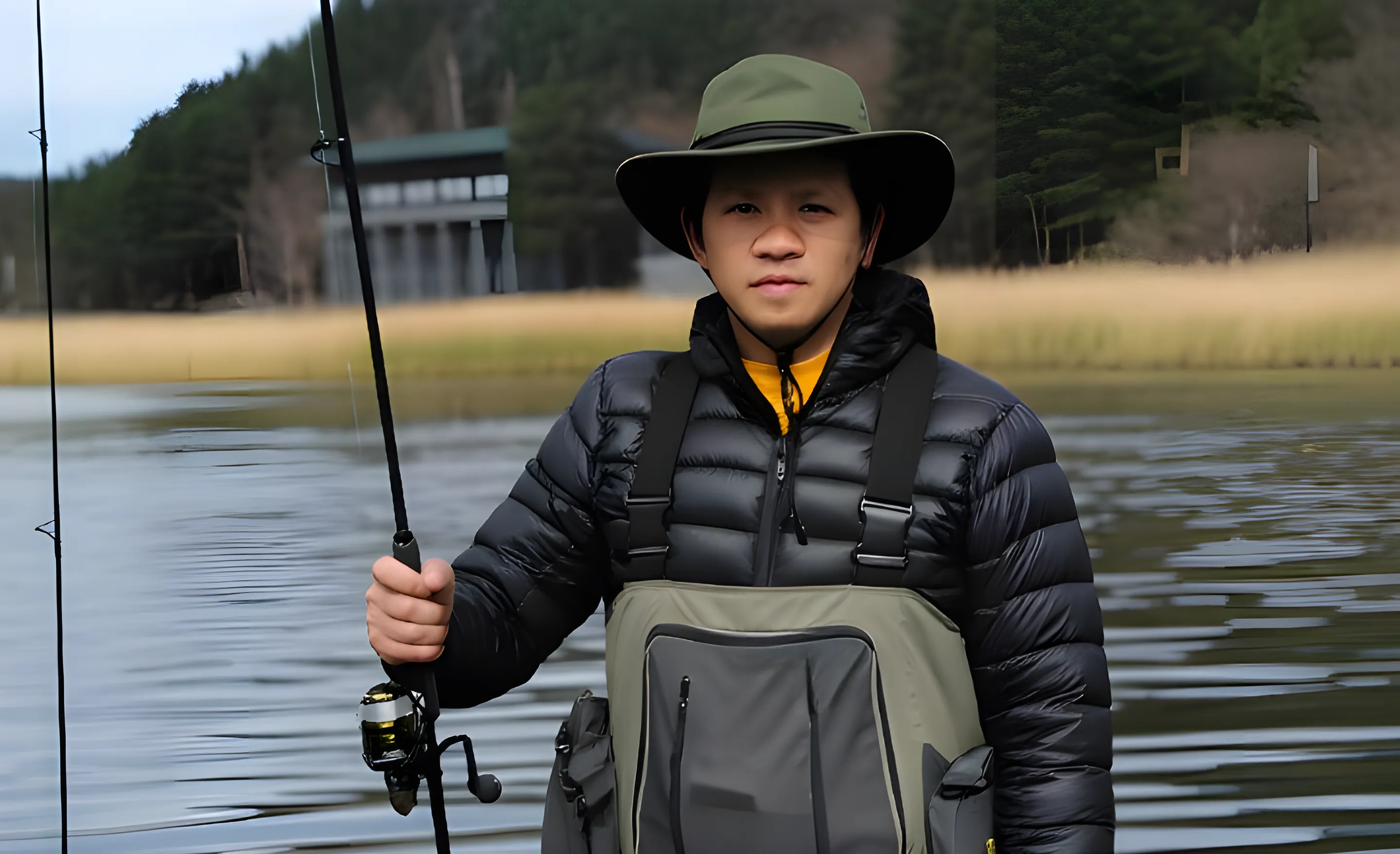The 9 Biggest Fall Bass Fishing Mistakes (And Exactly How to Fix Them)
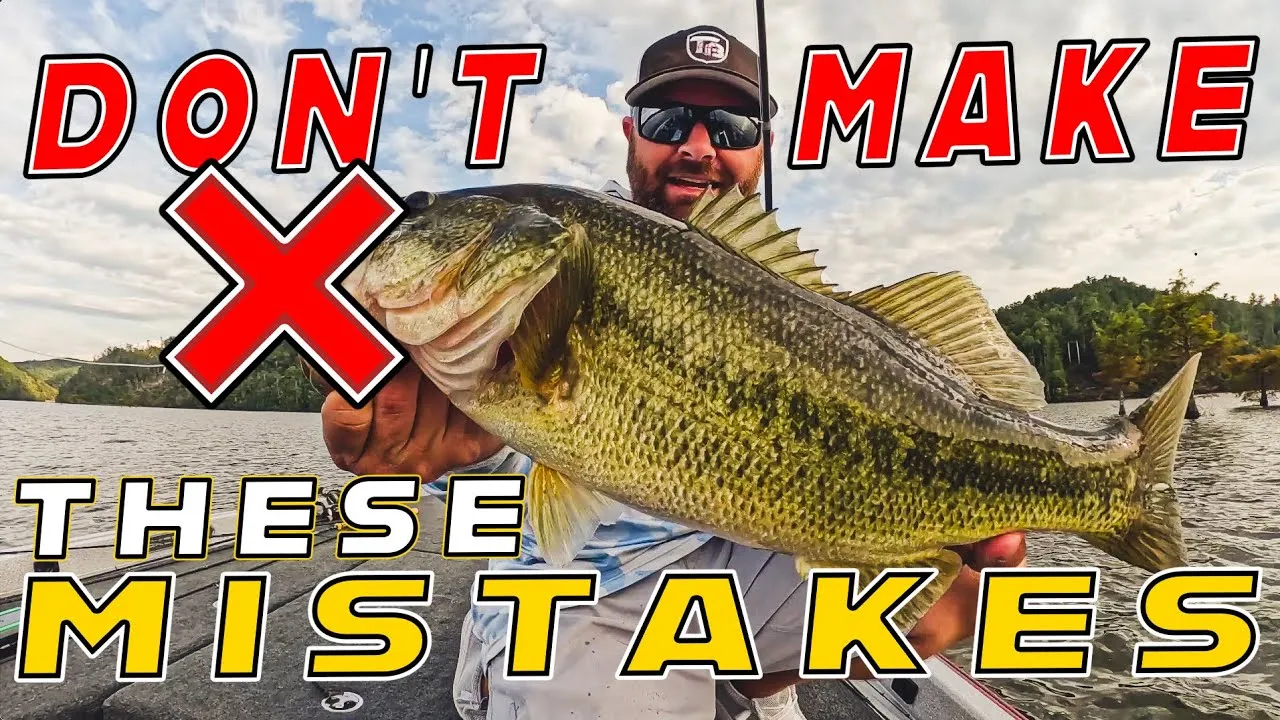
Fall is a season of spectacular beauty on the water, but for many anglers, it’s also a season of deep frustration. The same spots that produced all summer long suddenly turn into ghost towns, leaving you to wonder where the fish went.
Here at riversiderelics.com, we believe that knowledge is the most valuable tool in your tackle box. The key to unlocking this incredible season isn't a secret lure; it's understanding and correcting the most common fall bass fishing mistakes that hold countless anglers back. This guide is your playbook to stop guessing, start understanding the autumn transition, and finally turn those beautiful, fishless days into the most productive outings of your year.
Quick Fix Summary
For those who want the fast version, here are the most common mistakes and their immediate solutions. Read on for the crucial details behind each one.
Mistake #1: Fishing "Summer Memories" – Sticking to Summer Spots
I can't tell you how many fall days I wasted fishing my favorite summer spots. That one dock that always held a fish in July? Empty. That shallow weed line that was a goldmine in August? A ghost town.
Why it's a mistake
As the water cools, the fall lake turnover often occurs, a process that completely changes the underwater environment. More importantly, baitfish like shad begin a massive migration from the main lake into the backs of creek arms and coves. The bass, getting ready to fatten up for winter, are right behind them. Your summer honey holes are likely abandoned because the food has moved.
The Solution
You have to move with the fish. Start by ditching the main lake points and focus on secondary points and flats that lead into creeks. Learning where to find bass in autumn means using your electronics to look for bait balls. If you find the bait, you'll find the bass, often holding tight to the best structure for fall bass like rock, wood, or remaining green weed beds.
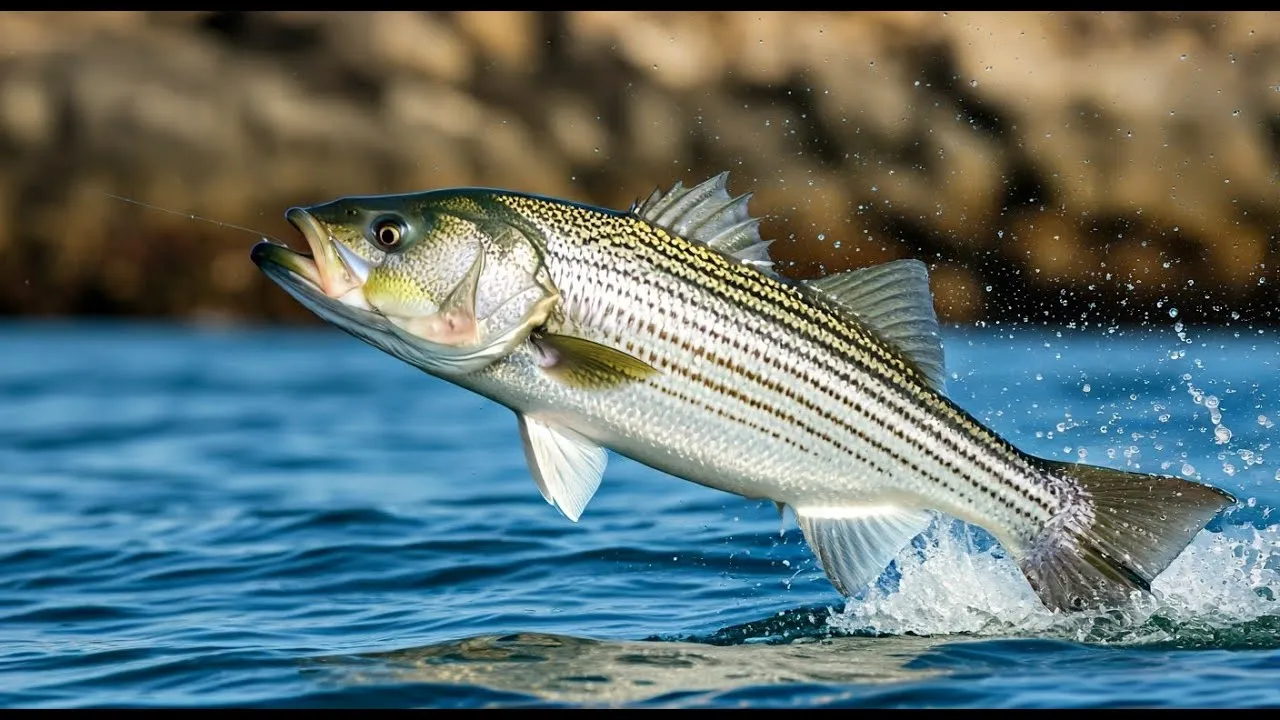
Mistake #2: Fishing Too Fast When It's Cold
When a cold front rolls through, the instinct is to cover water quickly with a fast-moving crankbait. This is a summer principle: an aggressive presentation triggers a reaction strike. In the fall, it's often the wrong move.
Why it's a mistake
As the water gets colder, a bass's metabolism slows down significantly. They become more lethargic and are unwilling to chase down a meal. They are opportunistic but conserving energy.
The Solution
Slow. It. Down. This is critical, especially when the water dips below (). Instead of burning a spinnerbait, learn how to fish a jig in the fall by switching to a football jig and slowly dragging it across the bottom. A Ned rig is also fantastic, and you can master how to fish a ned rig in grass or on open bottoms. Similarly, learning how to fish a drop shot rig allows you to keep a bait perfectly still for long pauses.
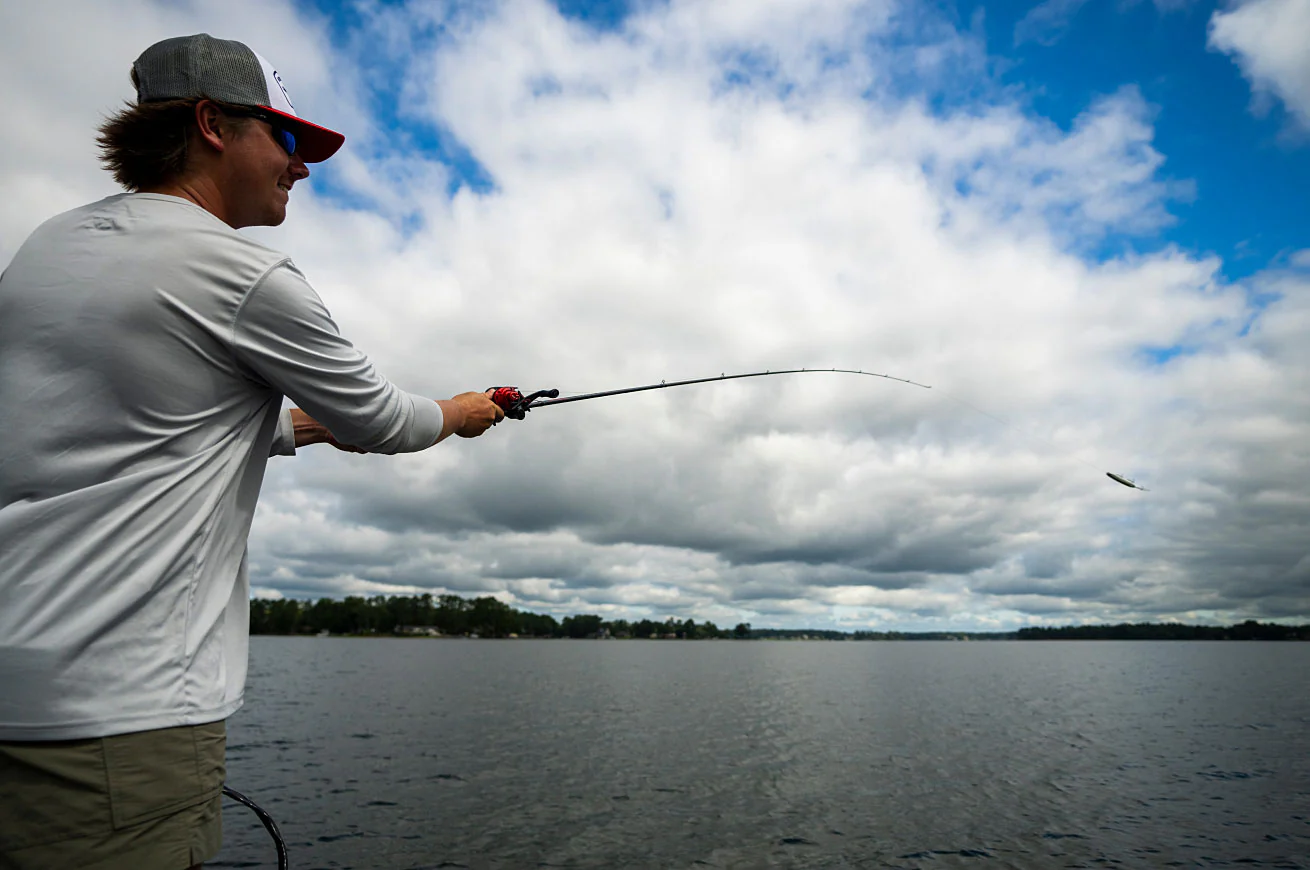
Mistake #3: Ignoring the Wind
On a cool autumn day, the wind can feel brutal. The natural tendency is to seek out a calm, sheltered cove. For years, I ran from the wind, thinking it made fishing impossible. I was running from the fish.
Why it's a mistake
The wind is your friend! It pushes surface water, creating a current that concentrates plankton, which attracts baitfish. The bass follow this moving buffet. Furthermore, the choppy surface breaks up sunlight and provides cover, making bass feel less exposed and more willing to feed shallow.
The Solution
Lean into the wind. Specifically target wind-blown banks and points. Position your boat to cast into the wind or parallel to the bank. A spinnerbait, chatterbait, or squarebill crankbait retrieved through that churned-up water is often irresistible.
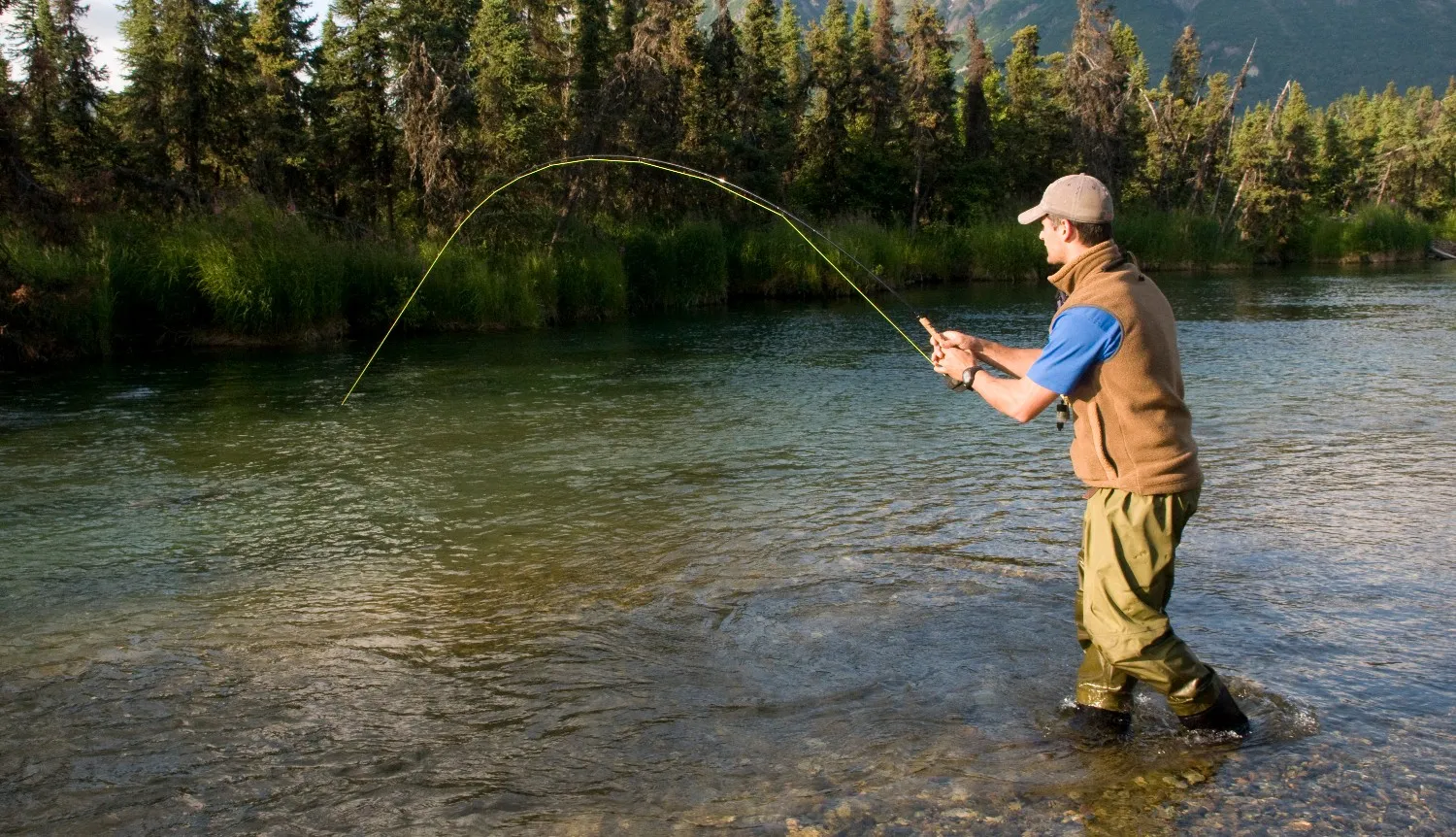
Mistake #4: Not "Matching the Hatch"
In the fall, bass are keyed in on one thing: gorging. They can become laser-focused on a specific type of forage. Tossing a lure that doesn't resemble what they're actively eating is a wasted cast.
Why it's a mistake
If bass are chasing schools of shad in open water, a bulky jig that imitates a bottom-dwelling crawfish will likely be ignored. The reverse is also true. This is why having a selection of the best fall bass fishing lures is crucial for versatility.
The Solution
Become a detective. Are you seeing small baitfish flickering on the surface? Tie on a shad-imitating lure. Are you fishing around rocky bottoms? A brown or orange jig is a perfect crawfish imitation, which is why understanding the best color lures for fall bass fishing is so critical. Matching the size and color of the local forage is paramount.
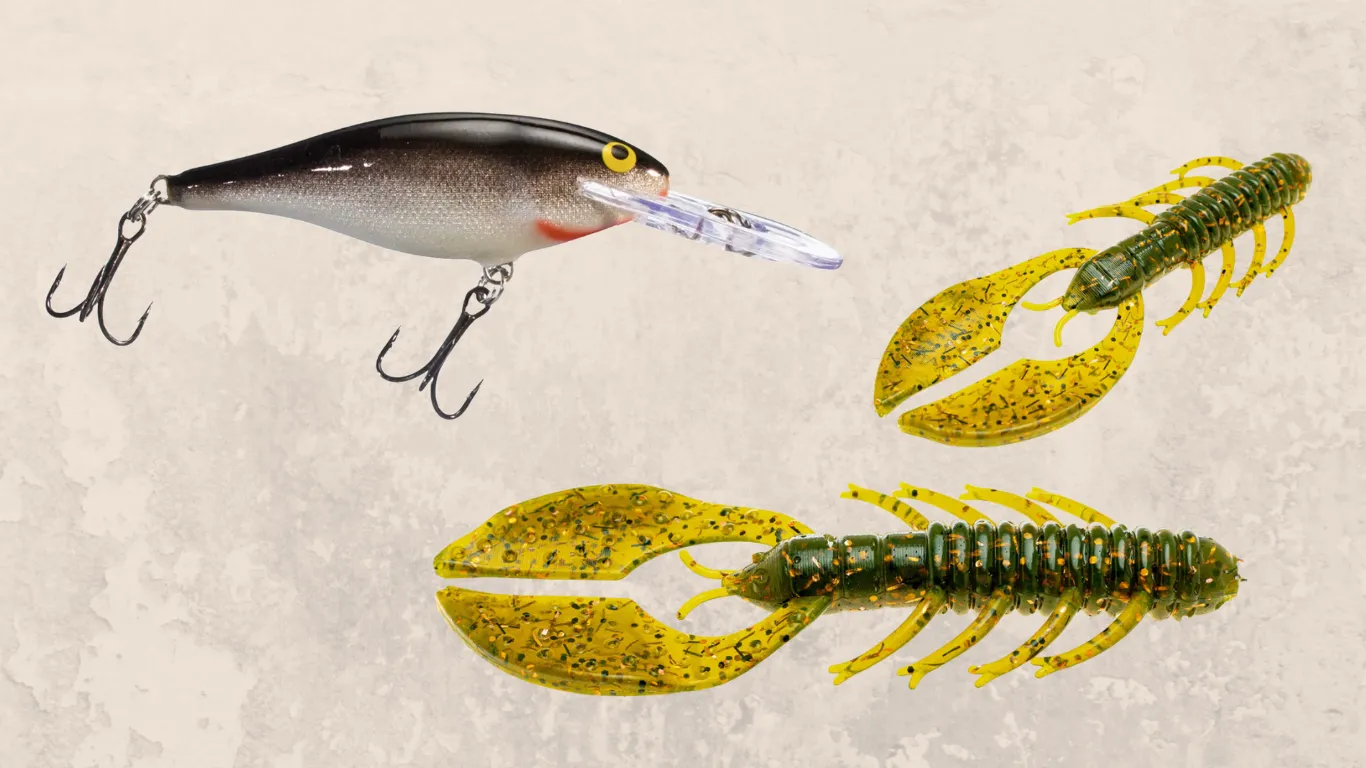
Mistake #5: Giving Up Too Early
I’ve had countless fall days where the first four hours produced nothing. It’s easy to get discouraged and head for the ramp.
Why it's a mistake
Fall feeding windows can be incredibly short and intense. Fish might not feed at all during the cold morning but become ravenous for a 30-minute period around midday when the sun warms the water a degree or two. This is especially true during late fall bass fishing when windows are even shorter.
The Solution
Stay patient and be persistent. My biggest bass last season came at 2 PM after five straight hours without a single bite. Sticking it out is how you win in the fall.
Mistake #6: Fishing Only the Top and the Bottom
This is a subtle but massive error. We get conditioned to think bass are either shallow on the bank or glued to the lakebed. We completely forget about the vast space in between.
Why it's a mistake
In the fall, bass are nomads following suspended schools of baitfish. These bait balls often hang out in the middle of the water column. If your lure isn't in their zone, you're invisible to them. The behavioral differences in smallmouth vs largemouth bass are very apparent here, as smallmouth are notorious for suspending in open water.
The Solution
Target the middle water column. Use your electronics to find the depth of the baitfish. If you see them suspended 15 feet down in 30 feet of water, you need a lure that gets there and stays there. Mastering spybaits for bass is an excellent way to target these finicky fish.
Mistake #7: Using the Wrong Tools for the Job (Gear Mismatch)
Using your heavy-duty summer frog rod for every fall technique will cost you fish.
Why it's a mistake
The wrong gear kills sensitivity and can spook fish. A stiff rod won't let you feel the subtle "tick" of a lethargic bass inhaling a Ned rig. Heavy, visible line in the crystal-clear water of autumn is a dead giveaway.
The Solution
Match your bass fishing gear to the application. For clear water and finesse presentations, switch to lighter fluorocarbon, often considered the best fishing line for bass in these situations. For finesse techniques, use a more sensitive rod. Having the best bass fishing rod for the job makes a world of difference in detecting those light bites.
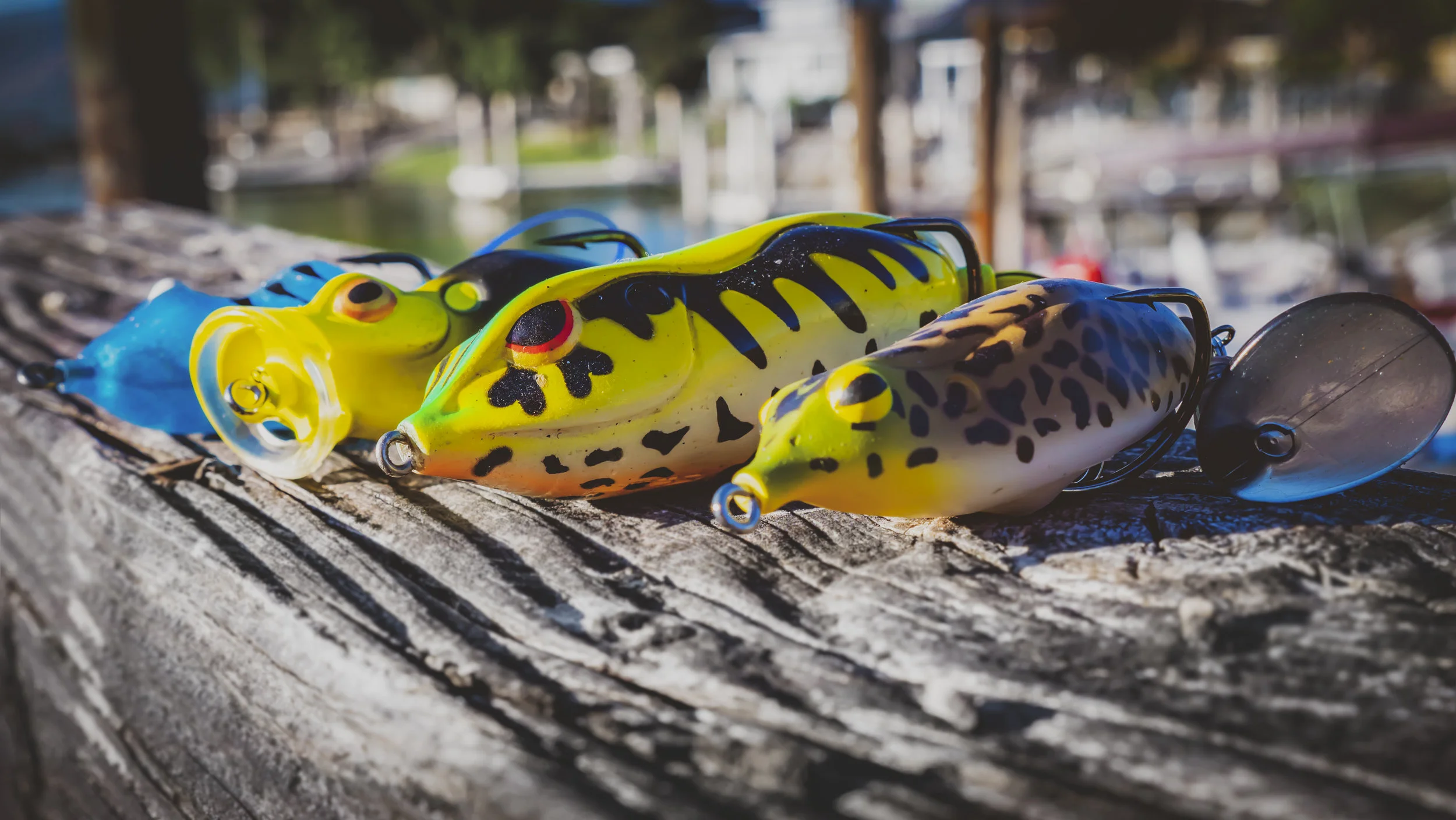
Mistake #8: "Marrying" a Pattern That's No Longer Working
This is the next level of "Giving up too early." It's not about leaving the lake; it's about being too stubborn to leave a pattern that has died.
Why it's a mistake
Fall is a season of constant change. The pattern that worked during your early fall bass fishing trip in the shade might be completely useless at 1 PM in the bright sun.
The Solution
Mentally reset every couple of hours. If a productive bite suddenly stops, ask yourself, "What has changed?" Did the wind pick up? Did the sun come out? Be willing to make a major adjustment—that might mean leaving shallow flats to check deeper channel swings, or switching from a reaction bait to a slow-crawling jig.
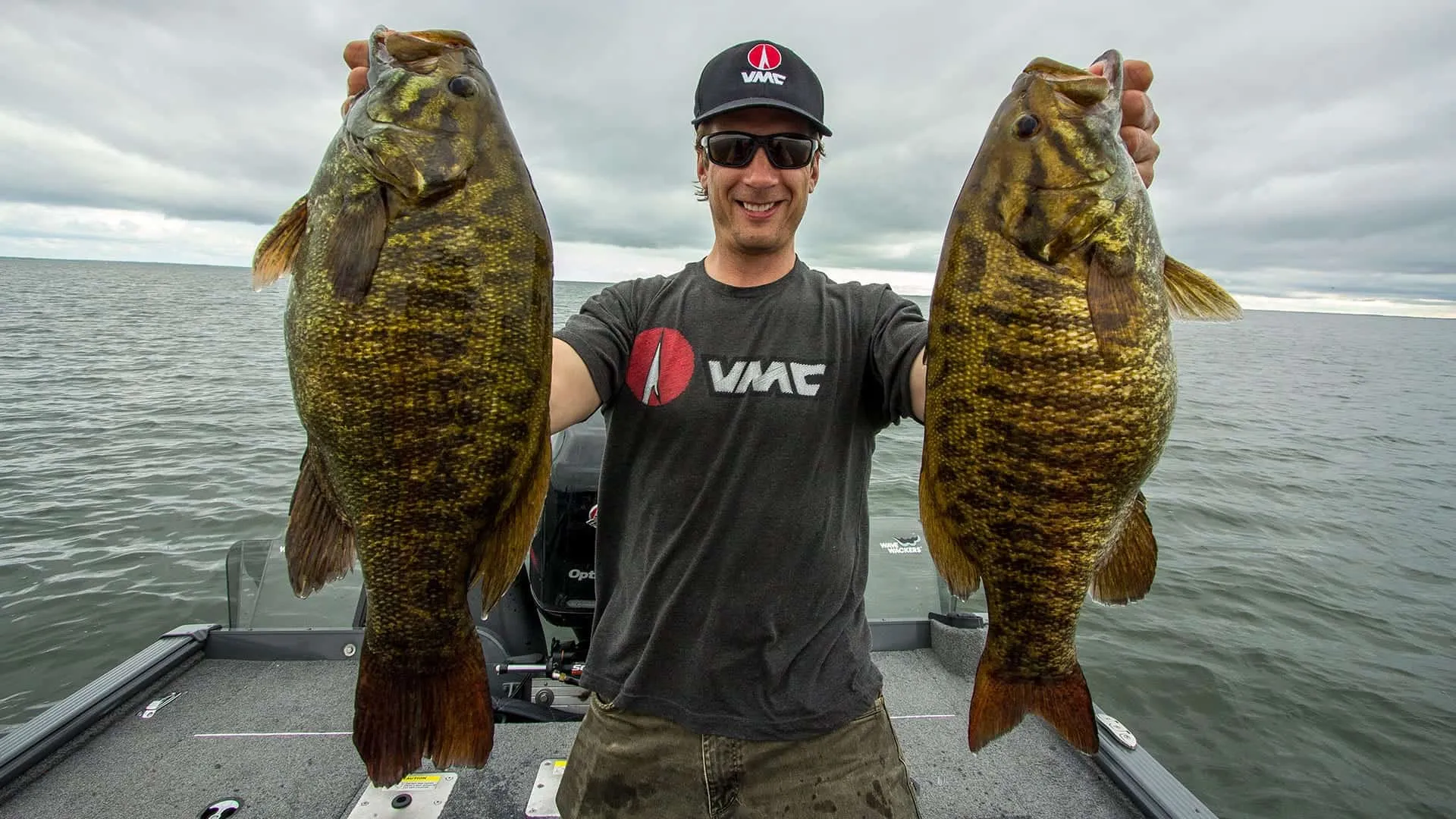
Mistake #9: Letting the Air Temperature Fool You
We are warm-blooded; fish are cold-blooded. We often make decisions based on how we feel, not on the reality of the fish's environment.
Why it's a mistake
A single chilly morning doesn't instantly crash the water temperature. Worse, anglers might see a cold front in the forecast and stay home, missing the frantic feeding window that often happens right before the front hits as the barometer drops.
The Solution
Trust your boat's temperature gauge, not your shivers. The water temperature is the only number that matters. Learn to watch the barometer. A falling barometer is a green light. A high, bright, bluebird sky after a front is when you need to deploy those ultra-slow techniques.
FAQs
Conclusion
Ultimately, fall fishing success comes down to one thing: adaptation. By learning to avoid these common fall bass fishing mistakes, you've traded frustration for a clear strategy. The bass are feeding, and you now have the playbook to find them. Get out on the water, fish with confidence, and make this the season you finally crack the code.
Aviv Nguyen is a passionate fisherman who loves sharing stories and tips from his fishing adventures. Whether it’s freshwater or sea, he finds joy in every cast and aims to inspire others to enjoy the great outdoors through fishing.
Share This Post With Friends

